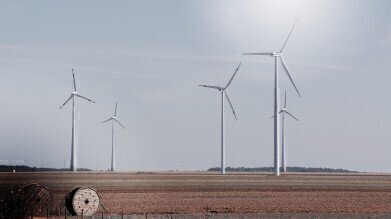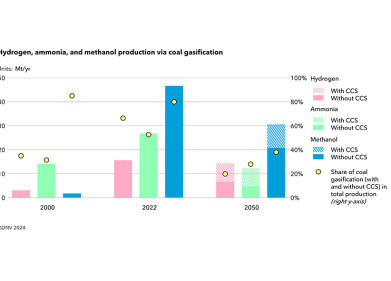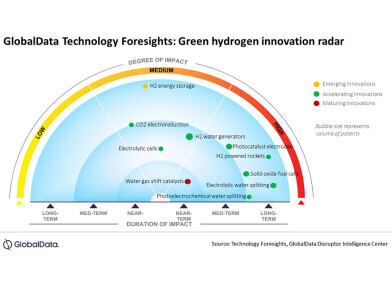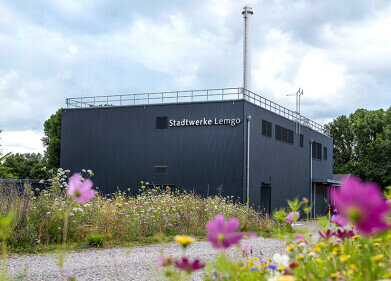Green Energy
What Can Japan Learn from Scotland’s Green Energy Expertise?
Jul 24 2015
Earlier this month, the Consul General of Japan Mr Hajime Kitaoka, visited the Western Isles in Scotland to witness first-hand the wind and wave-powered energy production facilities which have made the small nation one of the frontrunners in renewable energy.
Prior to his visit, Mr Kitaoka was effusive in his praise of the forward-thinking approach to energy adopted by Scotland, claiming it could be his most worthwhile outing in his position to date. “I believe this visit could be one of the most significant I have undertaken since assuming the position of Consul-General over one and a half years ago,” he told the media. “I am very much looking forward to visiting sites relating to renewable energy, which is now of the utmost importance for the future of Japan since the nuclear disaster caused by the tsunami in 2011.”
Japan Emissions in Crisis
The nuclear power plant disaster in Fukushima in 2011 crippled the country’s energy sources. Up until that point, the island nation had received around a quarter of all of its energy from nuclear means. After the disaster, most of the 50 reactors in Japan have been taken offline and left idle in order to perform the necessary safety checks.
This has led to a rise in the use of fossil fuels as viable means of energy, attempting to compensate for the huge loss of power by burning oil, coal and gas. However, this has of course had a knock-on effect on the country’s emissions targets. While they had originally hoped to reduce 2005 levels of emission by 25% by 2020, they have now been forced to slash that target. Instead, it’s thought that levels might only drop by as little as 3.8%. To read more about the struggle to meet their energy goals, check out the article Japan Reduces Carbon Emissions Targets from 2013.
With the future of nuclear power in doubt, the Japanese must find another way to wean themselves off fossil fuels. The outgoing Prime Minister Naoto Kan’s last act in power was to pass a bill encouraging the use of wind, geothermal and solar. Scotland’s expertise in off-shore wind and wave power, especially, are thought to be of interest to the Japanese.
Scotland on Track
Last year, Scotland's renewable energy was at an all-time high. The country produced approximately 46.5% of its energy needs from wind and hydro power, meaning it is very close to this year’s target of 50% green energy production. That figure is hoped to raise to 100% by 2020, and if Scotland continues on the path it is currently on, they are set to meet their goals.
Indeed, green energy was up a whopping 16.4% from 2013, underlining why the Japanese are looking to the Scots for inspiration. As two island nations with incredible potential for hydrogenation, hopefully the visit to the Outer Hebrides will have proved useful for Mr Kitaoka.
Events
May 05 2024 Seville, Spain
May 13 2024 Munich, Germany
May 23 2024 Beijing, China
May 23 2024 Beijing, China
Jun 10 2024 Algiers, Algeria














